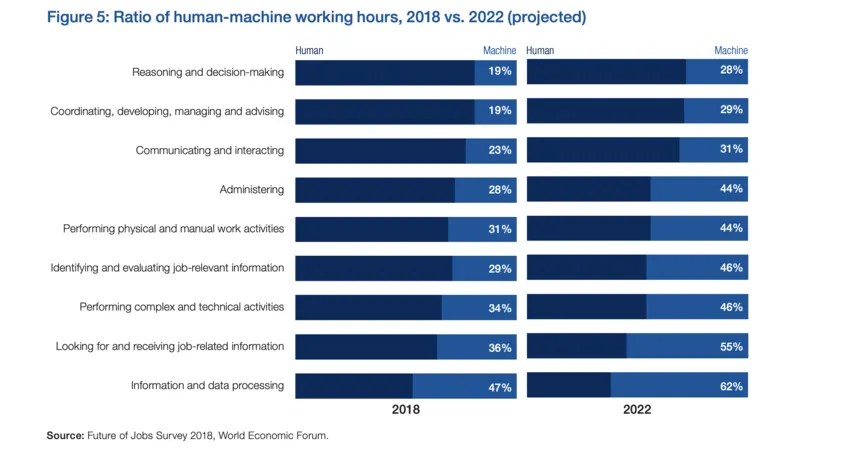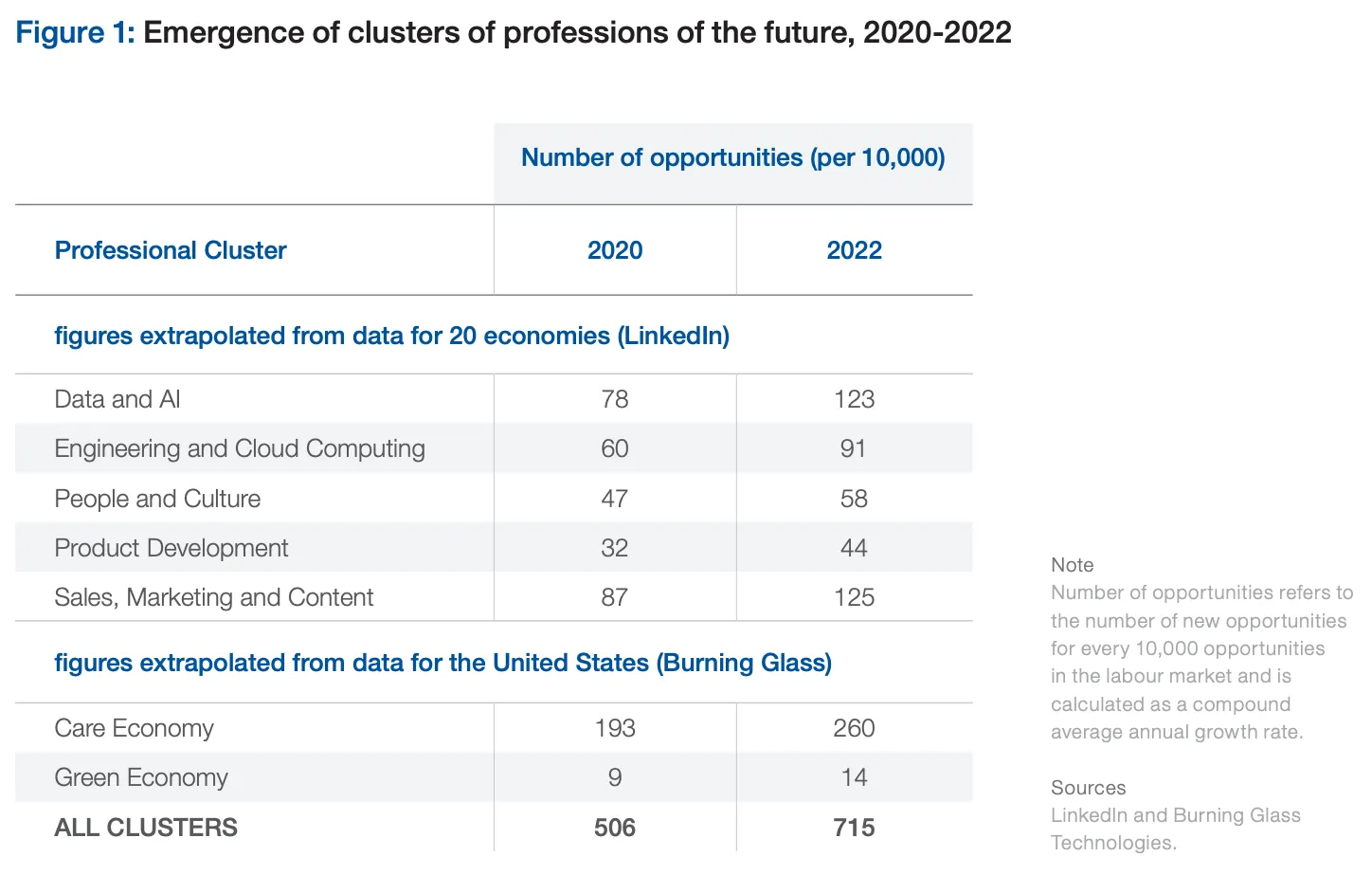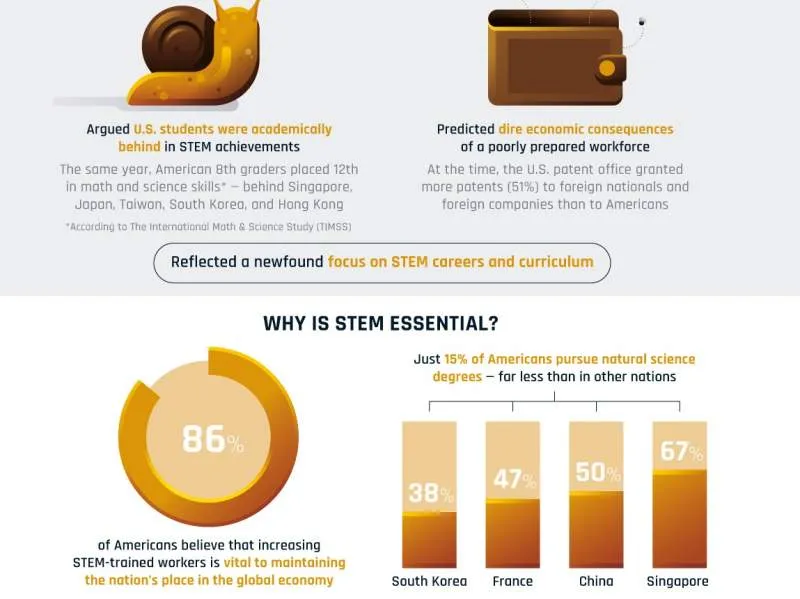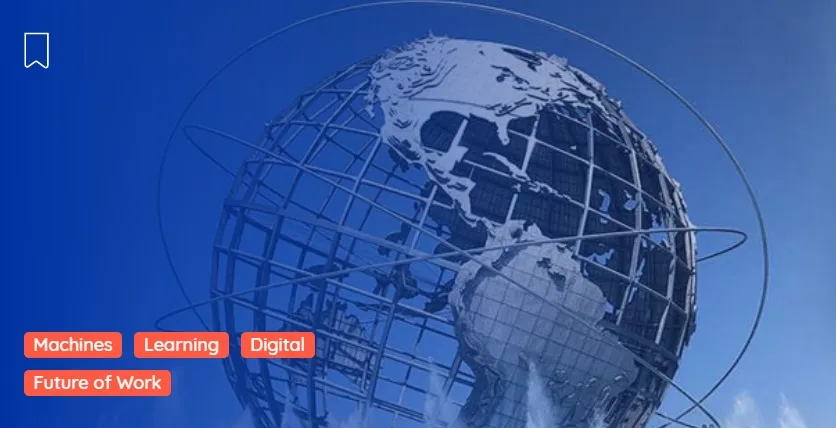Future of Work (Issue 1)

As a new and exciting addition to the Userlane blog, we’ll be giving you a carefully curated weekly list of five news articles and opinion-pieces relating to the future of work. Instead of scouring the internet yourself for high-quality and relevant articles, we’ll do it for you, saving you time and giving you the most newsworthy, important, and insightful articles on the FoW for the week.
Below each article headline, which links to the original article, we provide a summary of the article for you.
Table of Contents
This Week’s Top 5
1. What’s next for the future of work?

We’ve ushered in a new era where evolving technologies are helping us work smarter and not harder as the old adage goes. According to tech experts from leading companies like Asana and Slack, the future workplace could see, (1) a massive decline in the use of outdated systems like emails as more companies seek to leverage collaborative tools, (2) businesses channeling their efforts into workplace automation, AI, and video tech for improved business communications, (3) smaller companies having access to highly-customizable enterprise software, (4) a large increase in the number of freelance workers as well as a movement towards a better workplace UX, and (5) the democratization of data.
2. The jobs forecast is unsettled. It’s time for a reskilling revolution

The concept of work is transforming rapidly with new forms of work and a change in employment relationships – and such big changes come with consequences. With 61% of citizens across the globe believing that their current jobs will be impacted by technological changes and globalization, there is now a dire need for reskilling and upskilling opportunities. Peter Hummelgaard, Denmark’s Minister for Employment, emphasizes the necessity for creating a society that invests in people before it’s too late.
3. We need a global reskilling revolution – here’s why

The world is facing a reskilling emergency. Hard-hitting stats and data indicate that over one billion people will need to be reskilled by 2030 due to jobs being drastically transformed by new tech. A lack of action is costly – we’re talking trillions in GDP growth. But high-tech skills aren’t the only ones in high-demand. Businesses will also need employees with specialized interpersonal skills. The reskilling revolution lies on the shoulders of the public and private sectors, and as Saadia Zahidi, Managing Director of the World Economic Forum, opines, not addressing the skills crisis will only have damaging effects socially, economically, and environmentally.
4. How the STEM Crisis is Threatening the Future of Work

The United States is currently facing a crisis in STEM. According to research, a staggering 2.4 million STEM jobs were left unoccupied in 2018, partly because new technologies like AI and quantum computing need completely new skill sets. Stats show that the US is giving more opportunities to international students to lead STEM fields instead of focusing on Americans themselves. It’s clear that something needs to change drastically if America is to maintain its position as a global economic leader as well as a leader in STEM literacy and innovation.
5. The 20/20 on 2020

2020 will bring about some very interesting changes for the future of work, including a decrease in people panicking that AI will destroy a large percentage of jobs. Other (intriguing) positives that will likely come about this year include the rapid development of ML-algorithms, quantum computing becoming 80% reality and only 20% theory (hello Google’s Sycamore processor), more and more people willing to go on digital detoxes as they realize that tech addiction is real, and “luxury items” taking the form of people (not bots), privacy, and time (work-life balance).
If you’d like to see the top 5 weekly stories in your inbox each week, subscribe to our newsletter!

